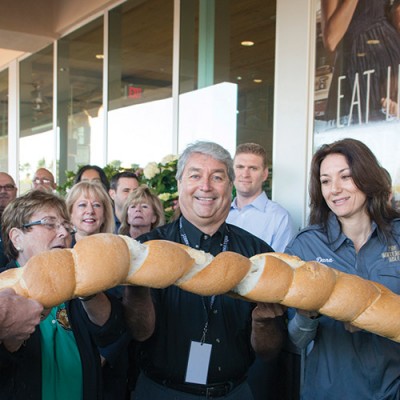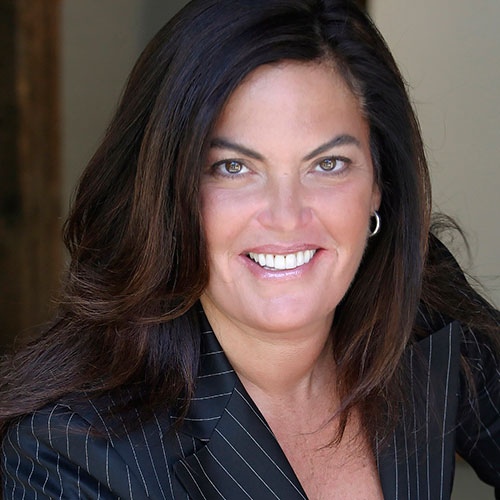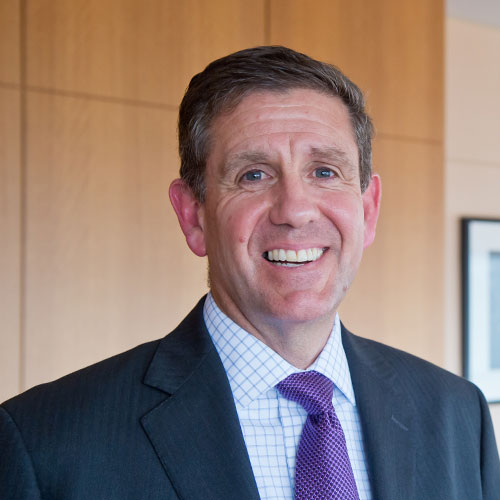Juan Nuñez has been with Whole Foods for thirty-three years. That his passion for the company has remained as enthusiastic as it was on his first day is as impressive as the growth he has spurred in his region. “We are doing good in the world by protecting the environment, supporting sustainable practices, creating a great place for team members, and giving back to our communities through our foundations,” Nuñez says.
Nuñez’s entire career has been in the natural and organic food arena. He was born in the Pacific coast village of Tocopilla, Chile, and moved to Minnesota with his family as a preschooler. After attending the University of Minnesota-Duluth, he moved to Los Angeles in 1982, where he began working as a store clerk for Mrs. Gooch, a local, organic supermarket. He climbed the ladder within Mrs. Gooch and was working as the regional operations director when it was acquired by Whole Foods Market in 1993.

Nuñez then held various positions with the natural foods giant, including team leader, director of store operations in Southern California, and vice president of the Southwest region, until being appointed president of the Florida region in 1998. Since then, he helped Whole Foods grow from three to twenty-four stores in the region, along the way implementing a bakehouse and a distribution center.
As president of Whole Foods Market’s Florida region, Nuñez manages one of the nation’s most dense marketplaces. In the first half of 2015 alone, five new stores—in Sarasota, Winter Park, Altamote Springs, Jacksonville, and Destin—were unveiled, four of them opening within seven weeks of each other.
The latest plan for Whole Foods is to open a more affordable sister store called 365.
Nuñez especially takes pride in the work environment he is able to provide for his team. “We practice open and transparent communication, so employees can flourish and lead,” he says. He strives for a low-stress workplace in which creativity, innovation, and conscious leadership can be achieved and feels that Whole Foods successfully avoids the robotic nine-to-five mentality by providing the best resources for its workers: extensive benefit packages, opportunities for promotion and advancement, and an award-winning diversity and inclusion initiative. In 2013, Whole Foods was named among Fortune Magazine’s most diverse companies.
Nuñez has stood with Whole Foods for so long because the company has always proven and delivered on its value system; from its inception, Whole Foods has always made an effort for the common good. Nuñez is proud to carry out that vision.
With regard to external providers and their products, the president aspires to win-win situations. “Our product coordinators and buyers have regular meetings with suppliers to make sure that we have a good fit for both the suppliers and our stores,” he explains. “We provide local loans to suppliers to assist them in growing their business, supporting their expansion in the other regions and markets.”
“I witnessed firsthand how providing knowledge and opportunity can permanently change lives.”
Whole Foods’ local operations have a strong commitment to fostering growth in companies that are compliant with providing the highest quality of nutrition in their products. Nuñez’s insistence upon whole-nutritious foods in his stores extends to his life; ultimately, it is all for the two daughters he is raising, Isabel and Sara.
“We shop exclusively at Whole Foods Market because I know firsthand that they have the healthiest and most nutritious foods available,” he says.
Understanding that Whole Foods is not always the most economical option for some families, Nuñez also remains committed to providing underprivileged families access to nutritional options. He serves on the board of Whole Kids, a foundation focusing on nutritional education for grade school students, parents, and teachers. Whole Kids provides salad bars for schools and procures garden grants so that classes can plant and harvest their own vegetables. A similar yet larger program within Whole Foods is Whole Cities, which builds stores in underserved areas where fresh food is hard to find. With support from each community, Whole Cities stores have opened in Detroit, New Orleans, Newark, and Chicago.
Nuñez is also involved with the Whole Planet Foundation, a provider of micro loans to mothers in sixty-one countries worldwide. The loans enable entrepreneurial opportunities to families, providing food, shelter, and education. Nuñez himself volunteered in Kenya.
“I witnessed firsthand how providing knowledge and opportunity can permanently change lives,” he says. “The moms have a 97 percent repayment success rate on the microloans and can apply for up to five loans after paying each back.”
On the home front, Nuñez helps Whole Foods take various approaches to reaching local charities in Florida. Each of his Florida stores has a marketing team leader focusing on community engagements and educational opportunities. Aside from focusing on selling local products, Whole Foods stores host farmers’ markets in their parking lots, where local producers can exhibit their fare. Quarterly events include community days, when five percent of the day’s net sales are donated to a local charity. Another program, Donate Your Dime, encourages shoppers to donate the 10 cents they save by bringing in reusable bags.
“I have always believed in Whole Foods Markets’ core values, its mission, and higher purpose,” Nuñez concludes. “Looking toward the future, I know we will continue to work every day to live those values.”

